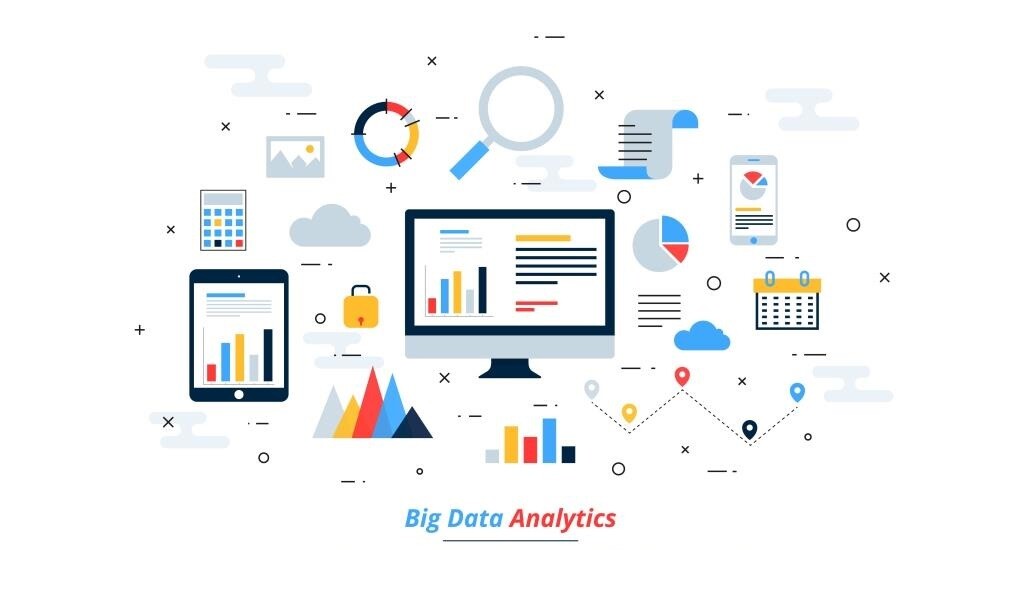In this post, we will focus on the challenges that are not related to technology, but have to do more with the skill sets, trust, and an organization’s culture:
- Lack of required skills: One of the major challenges that businesses face in their big data initiatives is that most data resides in silos. Besides being difficult to collate, this siloed data poses quality and consistency issues. Further, businesses do not have adequate tools that can help them harness disparate data to create actionable insights. This is because technology—and therefore, solutions—are still evolving. Not only do businesses face a lack of adequate solutions, they are also finding it difficult to find the right talent with appropriate analytical skills. The problem further gets compounded due to the high costs of hiring experienced data engineers and data scientists.
- Trust factor, rather the lack of it: Most C-level executives do not entirely trust the use of analytics in their organizations. KPMG’s Guardians of Trust survey in Australia revealed interesting facts about the level of trust these top executives had in the various analytics tools used in their respective organizations. While CEOs were more trusting of these tools at 77%, Directors reposed 68% trust, and at the Department Head level it fell to 52%. This phenomenon, however, is not limited to one country and is visible in organizations globally.
- Expert mindset: A rather surprising challenge that most businesses are facing for their big data initiatives is creating a data-driven culture in their organizations. Big data initiatives require organizations to operate in a data-driven environment. This is where organizations face a challenge, as they believe in and operate with an expert mindset. Adapting to a learning-driven mindset poses a huge challenge for most organizations due to the resistance to change.
Create a business-first big data strategy
Challenges notwithstanding businesses stand to gain from the benefits that big data analytics brings. Businesses know it well that big data analytics will be a key component in the increasingly digital economy. Therefore, to gain a competitive edge, businesses will need to manage and harness the data they possess. To this end, it will be essential that businesses create a business-first strategy for any big data initiatives they are considering for their organizations, as in the end the objective is to reduce operational costs, increase revenue, and mitigate risks.
Often businesses are aware of the potential gain areas and probable use cases, but do not have data to back their claims. Therefore, they must identify such use cases—and begin with smaller projects—that can allow them to create value—backed by data—and then replicate the learning for other use cases. Success is dependent on the right tools and, therefore, businesses must judiciously choose the tools that help them achieve their business goals.
This article has been published from a wire agency feed without modifications to the text. Only the headline has been changed.




